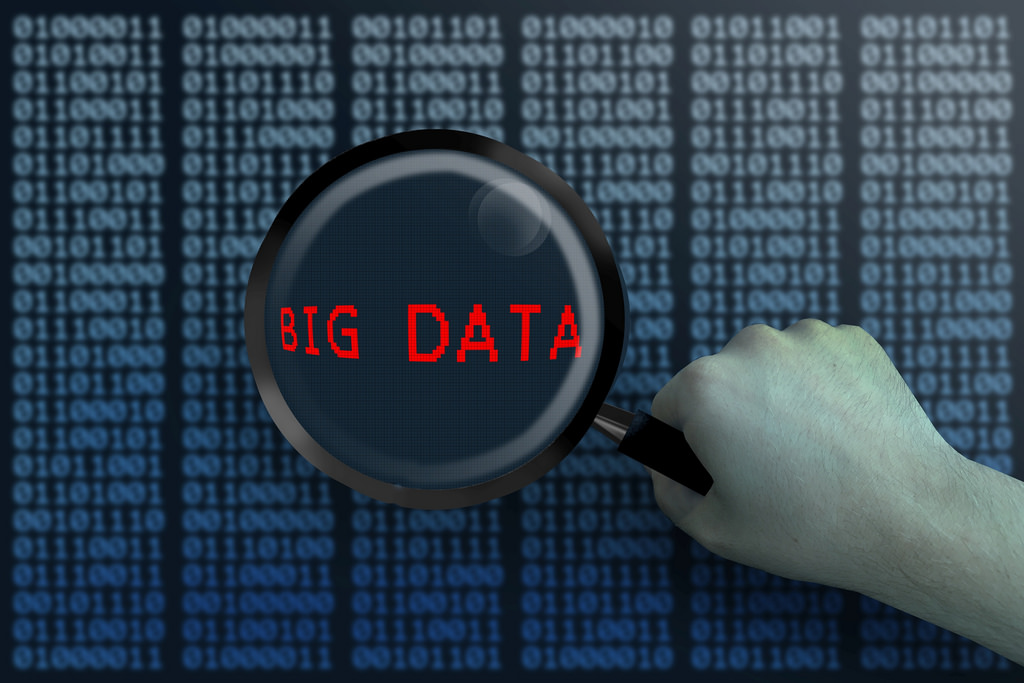Digitisation and automation have altered the way organisations function at every step. Cloud storage, data analytics and digital technologies have made sharing of ideas, data and information fairly commonplace.
Business Intelligence is no longer a term associated only with the corporate sector. The development sector is gradually realising the potential of data and its ability to translate into social impact.
Big Data and its importance for Non-Profits
Collectively, humans create 2.5 quintillion bytes of data every day. Throughout history, humans have gathered and utilised data for progress. However, big data goes beyond singular data repositories such as databases. Oxford dictionary defines big data as “extremely large data sets that may be analysed computationally to reveal patterns, trends, and associations, especially relating to human behaviour and interactions”.
India is on a rapid growth path which is integrally connected to data-driven social innovations. Aadhar is the world’s largest bio-metric ID system, encapsulating the demographic and bio-metric data of over 99% of Indians above the age of 18. Considered to be one of the most sophisticated ID programmes in the world, Aadhar is perhaps India’s most well-known and relevant database to address developmental challenges in the country.
In the Indian development scenario, Non-Profits usually face challenges such as scarce resources and lack of effective and holistic solutions to maximise existing resources. This results in impact which is not proportional to efforts taken. Big Data has the power to revolutionise the sector by helping organisations become smarter and more intuitive. Given below are a few ways through which Big Data can positively impact Non-Profits:
- Strategic Planning: Big Data provides a holistic view of a particular social cause by complimenting thematic data with facts that contribute to the problem. This could help Non-Profits formulate a thorough strategy to tackle these issues. Bill and Melinda Gates Foundation has been making data driven decisions to forecast trends and plan resource allocation. Based on data derived from multiple sources, the Foundation has been targeting locations in most need of interventions.
- Impact Assessment: For any Non-Profit, monitoring and tracking the progress of their programs is crucial to ensure effective implementation of strategies. However, in the assessment stage, non-profits can leverage Big Data to gain descriptive as well as predictive insights on the impact created by their programs. Example: Non-Profits such as Educate Girls and Akshaya Patra are using Big Data to successfully collect and monitor data-driven feedback to improve their initiatives.
- Donor Management: A major concern with Non-Profit data is that it is stored in departmentalised silos. Organisations need to realise that synthesising data incoming from sources such as email interactions, CRM systems, website usage patterns, etc., can truly leverage the power of Big Data. Not only do these statistics provide an insight into what interests and sustains donors, it also helps create strategies for increased donor engagement. CRY, an NGO which works towards the upliftment of underprivileged children, successfully uses advanced data analytics to increase its donor retention rates.
A collaborative approach to Big Data
With rising global cross-sector partnerships, it is critical for Non-Profits to embody a collaborative spirit which is integrally data-driven. While adopting a collaborative approach to Big Data, Non-Profits may choose the following methods to further their mission:
Collaborate with technology experts
Creating a data-driven organisation requires major changes. Understanding your organisation’s strategic priorities is the first step towards figuring out the role of Big Data.
Collaborations with data experts and data scientists play a key role in identifying data that pertains to your needs. Not only can working with a data expert help you articulate your end goals, but also help analyse big data and draw meaningful conclusions from it. Organisations like DataKind Bangalore (DataKind BLR) match top data scientists and statisticians with Non-Profits and facilitate pro-bono partnerships on cutting edge analytics to maximise social impact.
Operation Red Alert, a human trafficking prevention program by My Choices Foundation, uses a free Big Data solution to analyse India’s census data and government education data to raise awareness and action solutions. The solution also analyses factors such as population, poverty level, proximity to transportation stations, educational opportunities, and distance to police stations to identify areas that are most at risk of human trafficking.
Partnerships across the development sector and multi-sector alliances
Collaborating with peer organisations is crucial in order to avoid reinventing the wheel. When working towards a shared vision, sharing of data and expertise is a great opportunity to amplify collective impact. Partnerships also help organisations duplicate each others’ data solutions and adopt the inventive approaches to harness the power of big data for social change.
Additionally, organisations that share the same vision can create national and international data banks on social issues which are accessible across sectors. Organisations like World Bank have a large amount of statistical Big Data accessible to public. Integrating such information with Big Data from the private and developmental sector is critical for creation of social data banks.
Data-driven innovation and decision making can also be adopted for each and every one of the Sustainable Development Goals, using data to measure how the public and private sector are creating impact. Cross-sector collaboration can also help policy makers shape their decisions which will have the maximum positive social impact.
“UN Global Pulse”, an innovation initiative of the UN which harnesses big data for sustainable development, recently tied up with Western Digital Corporation, a global leader in data storage technologies and solutions, to launch the “Data for Climate Action” challenge. The unprecedented challenge saw data scientists, researchers and innovators around the globe harness big data from the private sector to fight climate change.
Big data has the potential to transform communities in ways that benefit all sectors — businesses, Non-Profits, and governments — and has the potential to streamline the social development of India.

Prerana Langa is the CEO of Yes Foundation, social development arm of Yes Bank. She developed YES! i am the CHANGE, a mindset transformation project, innovatively using the medium of films to ignite the spirit of driving positive social change amongst the youth enabling them to become agents of social change.
Views of the author are personal and do not necessarily represent the website’s views.
Thank you for reading the story until the very end. We appreciate the time you have given us. In addition, your thoughts and inputs will genuinely make a difference to us. Please do drop in a line and help us do better.
Regards,
The CSR Journal Team
Subscribe


